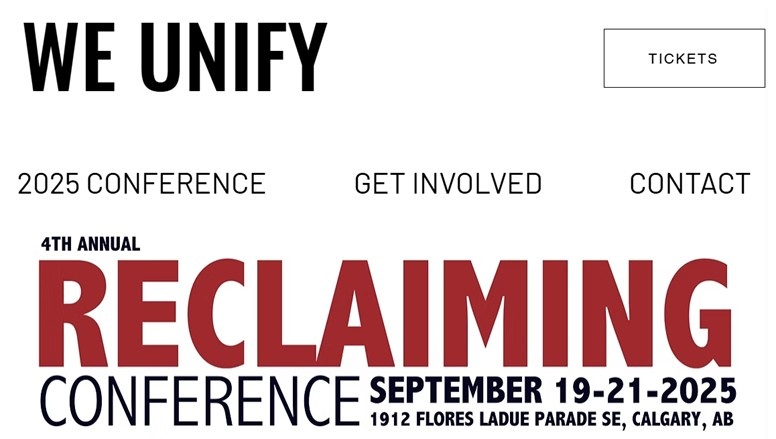|
Youth Fear A Jobless Future |
DIRECTORY | ||
|
Contributions: Empowered or Enslaved. Media Impact on Youth |
Action: Help sustain KEI's contributions |
Fact or Fiction?
AI to Replace Human Jobs |
|
|
Editor - Perry Kinkaide |
For generations, young people have looked toward the future with a mix of excitement and uncertainty, asking the familiar question: “What will I be when I grow up?” But today, that question carries a different weight. It’s no longer just about choosing a career—it’s about wondering whether meaningful work will even exist. As automation, artificial intelligence, and the gig economy reshape the job market at breakneck speed, many youth feel unprepared, unsupported, and increasingly anxious. This article explores how the changing nature of work is fueling a generational crisis—one not just of employment, but of purpose and the value of creativity. - Editor |
||
|
Youth's Fear A Jobless Future. From Career Paths to Creative Uncertainty One of the timeless questions that youth continue to ask is: “What am I going to be when I grow up?” It’s a question grounded in the assumption that work defines identity and offers purpose. For generations, the answer was tied to professions—doctor, teacher, engineer, artist. The focus was on choosing a path and sticking to it.
But today, that path no longer looks linear—or even guaranteed. The very nature of work is changing so rapidly that even those still early in their working lives are witnessing the unraveling of the traditional career ladder. My own journey as a pre-baby boomer—a PhD who worked across academia, government, corporate leadership, non-profits, and now, in retirement, as an event manager, editor, and webinar producer—may once have seemed eclectic. Today, it's becoming the norm.
In Canada, studies show that youth can expect to hold over a dozen jobs and shift careers multiple times throughout their lives.¹ This isn’t always out of choice. The gig economy, driven by platforms like Uber, Fiverr, and DoorDash, now shapes a significant part of the labour market—offering flexibility, yes, but at the cost of stability and security. According to Statistics Canada, nearly one-third of young workers now participate in gig or freelance work, often without benefits or long-term prospects.² Continued below
No need to register. Just Zoom in https://us02web.zoom.us/j/84258596166?pw.. Continued from above But beyond short-term uncertainty lies an even deeper fear—will work as we know it even exist? Artificial intelligence, robotics, and self-learning algorithms are accelerating at a pace that outstrips curriculum design and policy response. McKinsey reports that up to 30% of current job functions could be automated by 2030, especially in administration, legal, finance, and retail sectors.³ What’s more, generative AI is entering creative spaces once thought immune to automation—writing, music, even visual art.
In this evolving landscape, some believe we are witnessing a transition from a knowledge economy to a creative economy. Knowing facts is no longer sufficient; innovation, imagination, empathy—and even humour and whimsy—may be the defining skills of the future.⁴ Economist Richard Florida’s once-provocative theory about the “creative class” may now offer a blueprint for navigating this strange new world.⁵
For many youth, however, this isn’t inspiring—it’s terrifying. The rules that guided previous generations seem obsolete. A 2022 report by the Canadian Mental Health Association found that over 60% of young people worry that meaningful employment will be out of reach, and 43% feel overwhelmed by the pace of change.⁶ This fear isn’t just economic—it’s existential. If work is core to our sense of purpose, what happens when it vanishes, mutates, or becomes inaccessible?
What we need now is not just training, but transformation. Youth must be equipped not only to adapt, but to imagine—to build, shape, and question the future of work. That means rethinking education, valuing interdisciplinary creativity, and embracing lifelong learning. It means replacing fear with agency. Perhaps the most pressing question is no longer “What do you want to be when you grow up?” but “What kind of world do you want to help create—and how will you work within it?”
References
|




